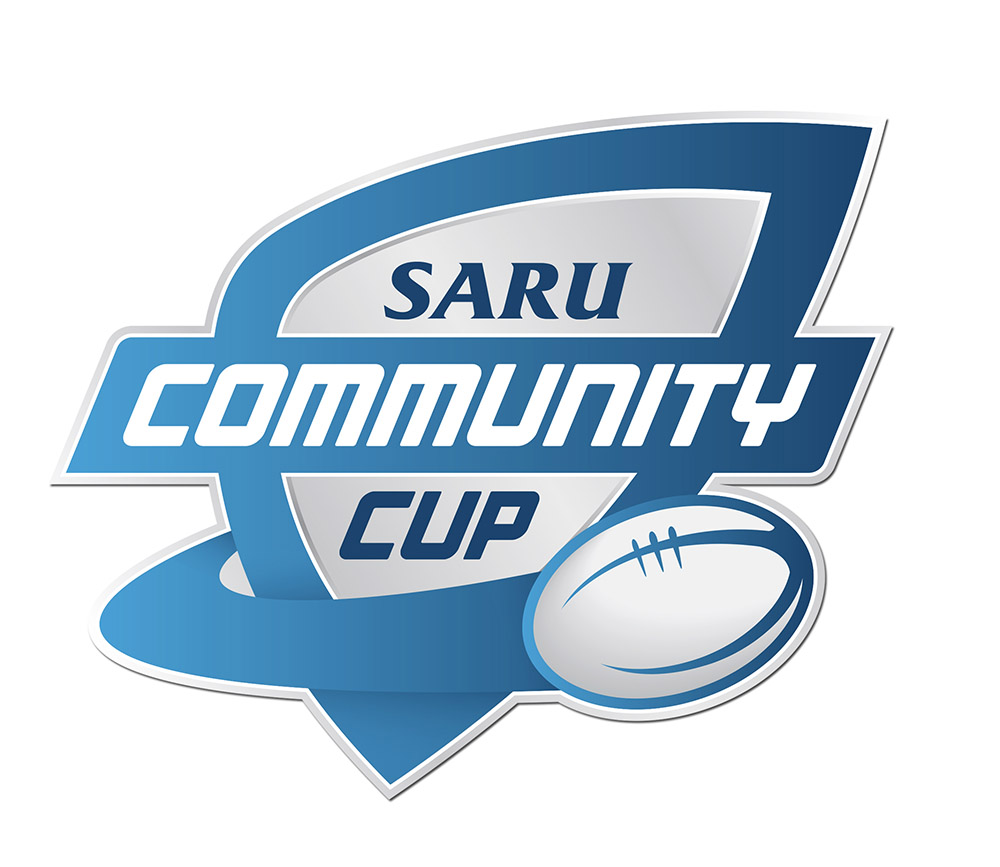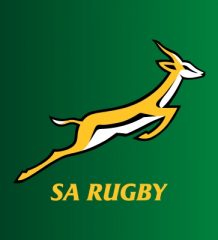SARU Community Cup heralds start of new era for club rugby
 Top 20 open clubs to enter World Cup-style tournament
Top 20 open clubs to enter World Cup-style tournament
- Club finals return to Easter festival format
- Play off final for winner against Varsity Cup champions
- Platteland and Junior team competitions to follow
The revival of club rugby in South Africa received a major boost on Thursday with the announcement that a new televised national tournament for non-university clubs would kick off in 2013.
The inaugural SARU Community Cup, which will replace the existing National Club Championships, will begin on Saturday 16 February 2013, with 20 of the country’s top “open” clubs competing in a format identical to that of the Rugby World Cup.
The tournament will culminate in an annual Grand Final to determine the overall national club champion between the winners of the Community Cup and the winners of the FNB Varsity Cup, presented by Steinhoff International. An “open” club traditionally refers to a non-Varsity club.
“Club rugby is one of most important items on our agenda and we believe that the SARU Community Cup will breathe new life into club rugby,” said SARU CEO Jurie Roux. “It will act as a catalyst for the revival of the club game at all levels across the country.
“Club rugby has suffered from a lack of exposure and sponsorship, since the advent of professionalism.
“What the SARU Community Cup will do is give club players and coaches a competitive platform and an aspirational event through which they can reach their goals.”
Roux said the tournament would start with 20 clubs, but plans were already in place to expand the competition over the succeeding two years by introducing a separate division for platteland-based clubs and junior teams. “The revival of rugby on the platteland is of particular importance,” said Roux.
The 20 clubs will be made up of the 14 champion clubs of the provincial unions, with a further six wildcard teams invited by SARU. The clubs will be divided into four pools of five, with each club playing two home and two away matches over a period of five weeks.
The top two clubs from each pool will then advance to the knockout stages, with the eight teams playing quarter-finals, semi-finals and finals each year at a central venue over the Easter long weekend.
The inaugural SARU Community Cup final will be played on Easter Monday, 1 April 2013, with the remaining six teams competing for the Plate, Shield and Bowl.
“The beauty of the format of the Community Cup is that it incorporates the best of both worlds,” said Roux. “Pool matches will take place in towns and cities across the country and give the tournament as diverse a flavour and footprint as possible.
“The play-off component will revive the very special atmosphere of the old Easter Club Championships, which club people still speak about with great fondness.”
Roux said that the success of this year’s new-look SARU National Club Championships in Rustenburg, which conclude at the Rustenburg Impala club tomorrow (Friday) with televised Cup and Plate finals (SuperSport 1, kick-off 13:00), had demonstrated the importance of a separate national competition for open clubs.
“The universities have been a part of the Club Champs since it started in 1975, but times have changed, especially since the advent of the very successful Varsity Cup,” he said.
“We’ve seen what that competition has done for Varsity rugby, and we therefore felt that this year was the right time to test the waters and not include them,” said Roux. “The tournament has been a runaway success, with big crowds, high-quality rugby and a feeling of kinship and solidarity amongst the competing clubs.
“We now want to take things to a new level and give the best open clubs the platforms and exposure they deserve.”
Roux emphasised that the Community Cup was only the first step in SARU’s strategy to revamp club rugby, which also included plans for the revival of the SA Amateur and SA Platteland teams in the coming years.
“We have been working behind the scenes for the past three years to ensure that the SARU Community Cup has a far-reaching effect,” said Roux. “We have consulted club people in every province and listened to what they had to say. This is therefore not our vision but their vision and their competition.
“But far from being an elitist tournament for a handful of teams, the SARU Community Cup will allow us to safeguard the future of club rugby across the country by ensuring that it reclaims its rightful place on the rugby stage.”
Related Posts
« Pretoria Police to face Jonsson College Rovers in SARU Club Champs final Lions announced to face the Sharks »


















